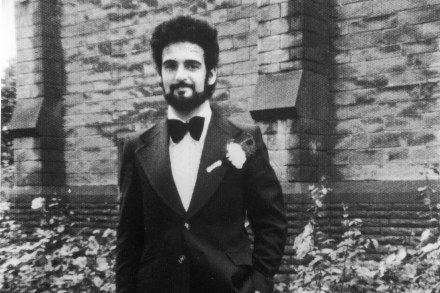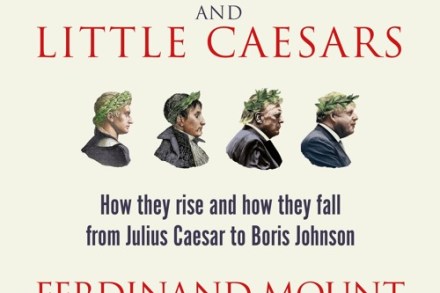The wonders of the Paris Metro
Andrew Martin is in love. Head over heels in love, quite unable to control himself in his appreciation of the object of his affection, which is, believe it or not, an underground railway network. While this may seem an irrational attachment, it becomes easier to understand as his account of the origins, history and, most importantly, design of the system unfolds. ‘What most distinguishes the Metro,’ Martin tells us, ‘is its beauty.’ Its eroticism is, too, ‘expressed in diverse ways’, notably condom machines dotted around the system, advertisements for vibrators and the revelation that Ticket de Metro is ‘the name of the most popular bikini wax among Parisian women’. In




















